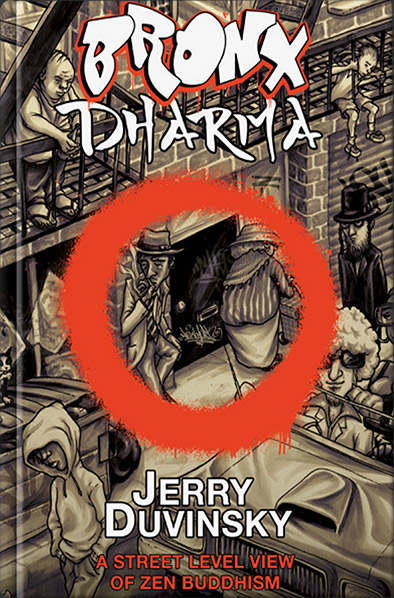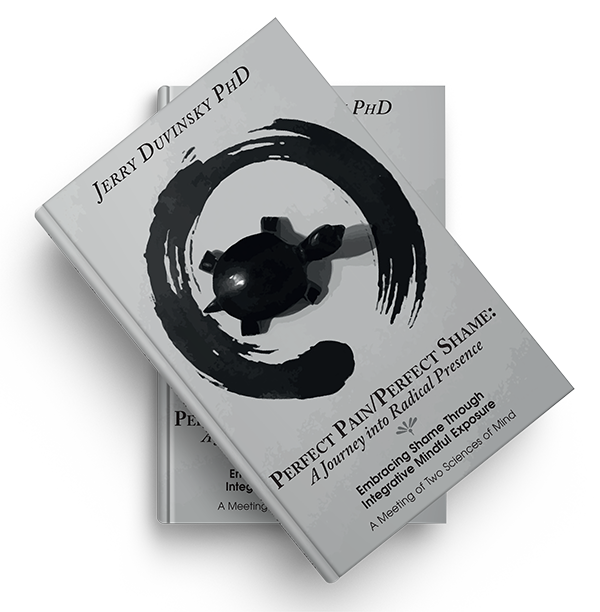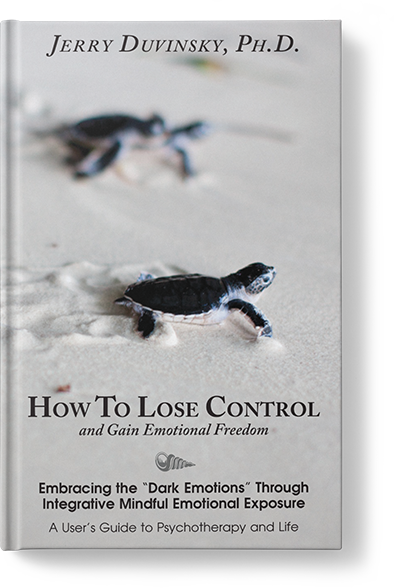The First Noble Truth is “Life is Suffering.” But if the Buddha grew up in the hood he may have said “Life Sucks and Then You Die” (Chapter One)
Growing up in the Bronx in all the turbulence and craziness of the ‘60s, Jerry Duvinsky learnt this lesson first hand: The promising lives cut short, the tragic idealism and self-destruction. But life on the streets also teaches other things, and like the lotus flower that flourishes best in the mud and slime, out of these experiences can grow a deeper understanding of life, and even perhaps a path to true acceptance and liberation.




